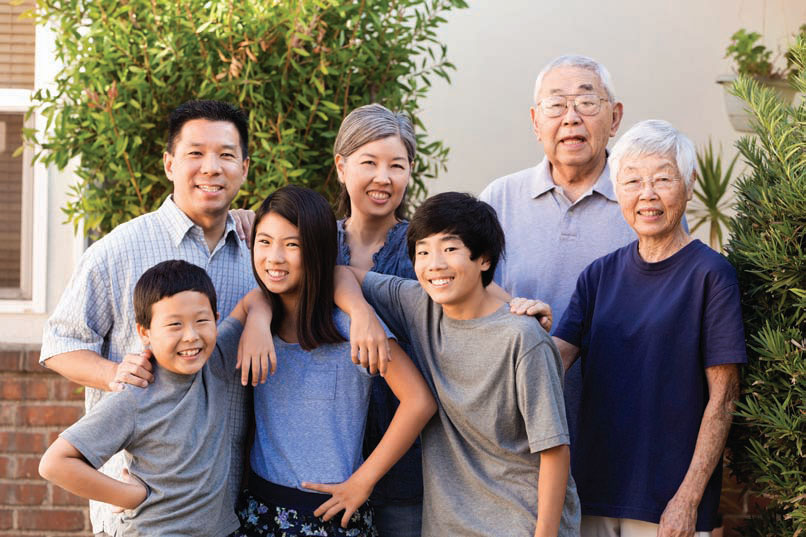Chapter 13 Development over the Lifespan

Learning Objectives
Ask questions . . . be willing to wonder
How does a baby's thinking differ from an adult's?
What makes the years from 18 to 25 unlike adolescence or adulthood?
Is mental decline inevitable in old age?
Do childhood experiences affect us for our entire lives?
Annegret Raunigk knows a thing or two about development over the lifespan. The 65-year-old schoolteacher, who lives in Berlin, has 13 children and seven grandchildren; to say “she's surrounded by kids” is no understatement. But her circle of offspring recently got larger. In 2015, she gave birth to quadruplets, aided by in vitro fertilization treatments she received in the Ukraine. (Both the eggs and sperm were donated, a procedure that is illegal in her native Germany.) Her motivation for having another child, she reported, was that her youngest daughter, a 9-year-old, wanted to have a younger sibling. Annegret didn't intend on having quadruplets: “At first, I only wanted one child. But then things happen. I am not a planner, but rather spontaneous.” Addressing concerns that giving birth at her advanced age to infants who were born 14 weeks premature (all the quadruplets weighed 2 pounds or less at birth), she remarked, “No one who doesn't know me can criticize me. I am doing what I think is right.”
When, if ever, is a human being “too old” to have a baby, whether by in vitro fertilization or adoption? Would it make any difference if the mother were “only” 55 years old? 50? Do you feel the same about older fathers as you do about older mothers? Is there a “right time” to become a parent? For that matter, is there a right time to do anything in life—go to school, get married, retire, . . . die?
The universal human journey from birth to death was once far more predictable than it is today. Going to college, choosing a job, starting a family, and advancing up the ladder to retirement were all events that tended to happen in sequence. But because of demographic changes, an unpredictable economy, advances in reproductive technology, and many other forces, millions of people are now doing things out of order, if they do them at all. Today, going to college, having children, changing careers, or starting a family may occur in almost any decade of adulthood.
Developmental psychologists study physiological and cognitive changes across the lifespan and how these are affected by a person's genetic predispositions, culture, circumstances, and experiences. Some focus on children's mental and social development, including socialization, the process by which children learn the rules and behavior expected of them by society. Others specialize in the study of adolescents, adults, or the very old. In this chapter, we will explore some of their major findings, starting at the very beginning of human development, with the period before birth, and continuing through adulthood into old age. The video The Plastic Brain gives you an overview of how some important aspects of physical development take place.
Watch
The Plastic Brain